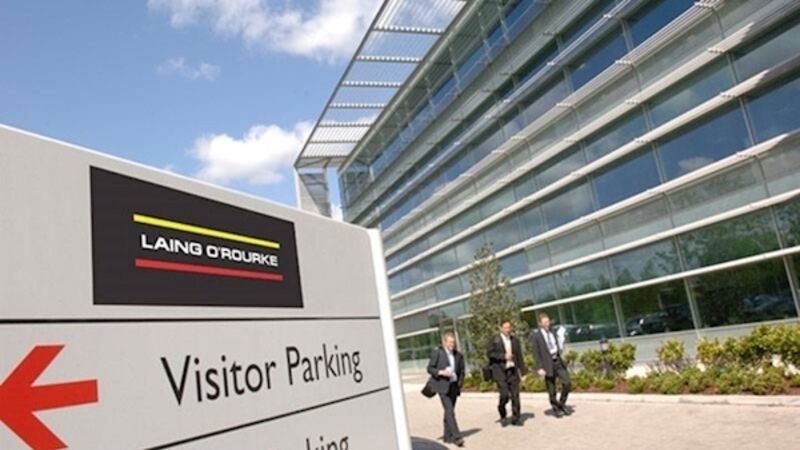Brexit ‘will present a tsunami of building opportunities’

CEO of the biggest private construction company in the UK, Ray O’Rourke is looking forward to the challenges and opportunities that the UK leaving Europe will bring, writes
Ray O’Rourke landed in London on the Thursday before England won the World Cup. It was a long, long way from his birthplace in Co Mayo. That was June 1966. The country he arrived in was on the cusp of something great. The national team went on and defeated West Germany in a final that served as midwife for the birth of legends. The victory also recaptured some fading glory.
















